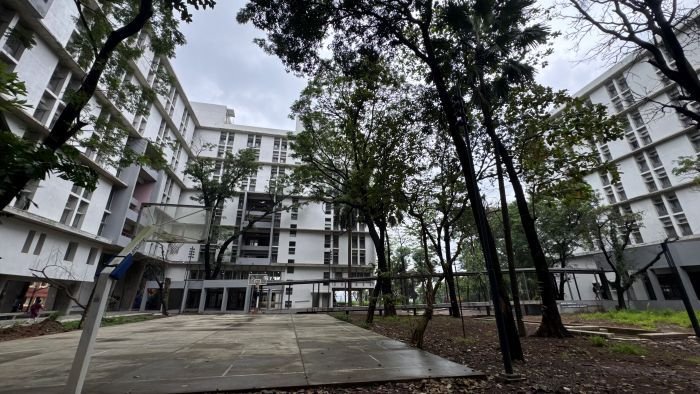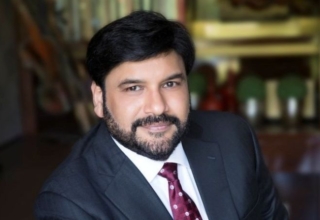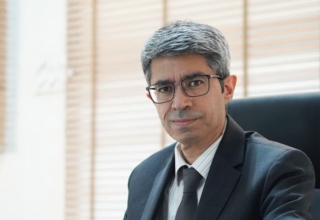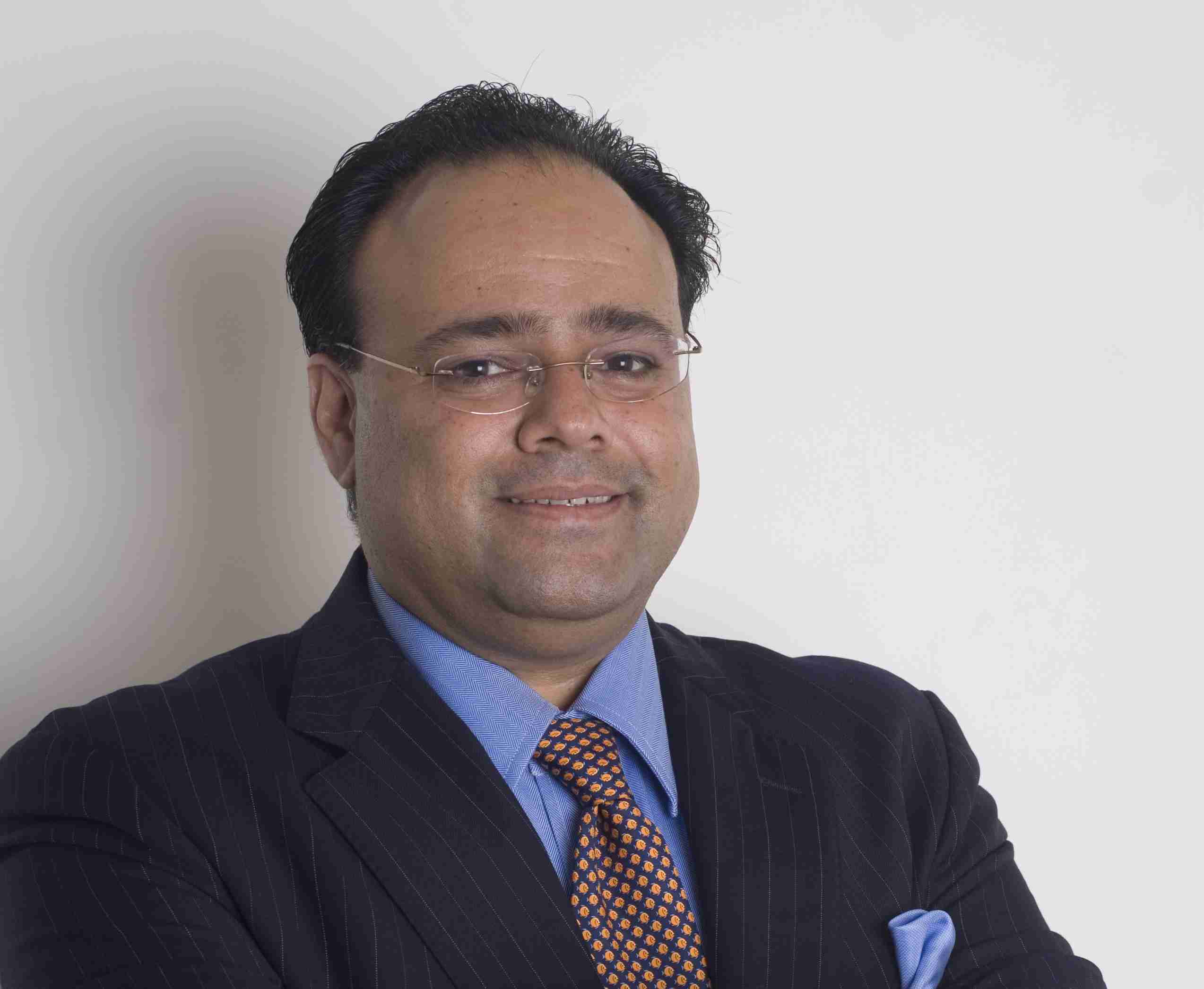
Harjiv Singh, Founder and CEO, BrainGain Global who also serves on the advisory board of India Knowledge@Wharton and has been a guest faculty at DukeCE, talks about his startup and emerging scenario
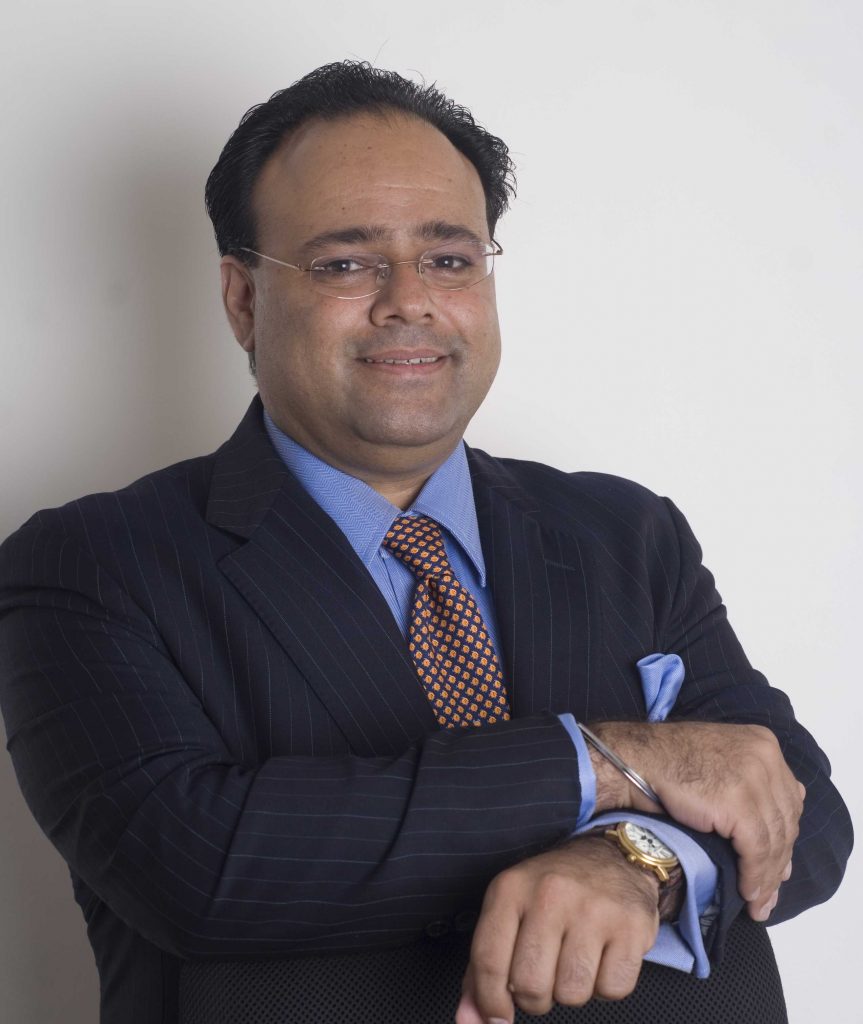
How do you see the spread of the coronavirus impacting mobility and as such overseas education globally?
The pandemic caused by the coronavirus is having and will have a major impact on student mobility and overseas education. China and India account for more than 56% of all students studying abroad. According to the Open Doors Report of 2019,China is the largest source of international students in the U.S. in 2018-19, with 369,548 students in undergraduate, graduate, non-degree, and optional practical training (OPT) programs. WithIndia being the second largest source of international students, in the short term, the outbreak of the corona virus, in both India and China, will adversely impact international student recruitment of universities globally, especially in the U.S.
According toa survey conducted by QS, 33% respondents said that they now intend to study in a different country and 11% said that they have cancelled their plans to study overseas.Universities will definitely see a short-term impact on international student recruitment.
It will take a few years, but global study mobility and overseas education will, I am sure, return to normalcy.
This also brings us to think about India’s education future?
India has the largest proportion of the young in the world, with more than half of the population comprising the youth. The lack of foreign investment in the country stems from the fact that Indians do not have access to quality education and so, do not have the skillset to work for the modern economy.
Considering India has 18% of the world population and a workforce of more than 520 million, there is a need to ensure jobs for them which can only happen if our educationis aligned with the changing demands of the workforce.
We, as a nation, need to recognize that global forces of change –the Fourth Industrial Revolution, Artificial Intelligence and the Future of Work – are disrupting the way people learn and work. There is scope for major improvement in the quality of our education systems since we need to keep up with the changing educational landscape and factors altering it, such as, lifelong and experiential learning.
India is also seeing a surge in online learning which will only have a positive impact on the ed-tech sector. According to a KPMG and Google study, even before the COVID-19 crisis, the online education market in India was set to grow to $1.96 billion, with 9.6 million users, by 2021, up from $247 million and 1.6 million users in 2016.
Now coming to your own company, how would you define BrainGain Global? An ed-tech platform or a foreign education consultancy service provider?
BrainGain Global is an ed-tech platform that focuses on closing the gap between universities and students, globally. Our combination of study abroad oriented content (BrainGain Magazine), curated short university courses (BrainGain Academy) and data science tools helps learners take informed decisions on lifelong learning and experiences.
Students, parents and mid-career professionals engage with BrainGain content, tools and programs with a view to gaining insights and credible information on study abroad destinations. This interaction provides us with valuable data that we then leverage to gain an in-depth understanding of backgrounds, interests, goals and aspirations, to guide and match prospective international students to the global higher education marketplace in a cost-effective manner with an eye on successful hiring and retention outcomes for both parties.
The idea for setting up BrainGain Global has its roots in my own experience of having gone to studyabroad as a 19-year old. I had struggled to find the right path, did not have access to the right information or resources that could have helped me make the right decision. This is why I wanted to create a platform where students could opt to enrol in shortcourses for students that would help them understand what they were getting into and give them a sneak peek into university life before they made a final choice.
All young companies face teething problems in terms of delivering value to customers. For BrainGain Magazine, this translated into demonstrating value to parents and students. Later, for BrainGain Academy, this consisted of ensuring the best experiential learning. Solving these problems or any problem for that matter is never easy as every customer is different. However, I believe technology can help deliver smart and intuitive solutions provided we keep pace with its rapid evolution.
Our first milestone was the launch of BrainGain Magazine in 2010, our online magazine that focuses on international higher education, and the second was the launch of One Globe Forum in 2011—a forum that provides a platform to discuss, deliberate and debate on how to build a 21st century knowledge economy. The third major milestone was the launch of our curated short courses at university campuses globally.
Now our focus is on expanding the business across multiple geographies and on launching our curated learning membership model for BrainGain Magazine.
With giant and popular MOOCs platforms like EdX, Coursera, Alison and now desi Swayam already in the online education space, do you think small players like you can attract students?
According to the Holon IQ report in 2019, the total education market globally is expected to be $10 trillion by 2030, of which consumer spend is US$1.5 trillion. Less than 3% of education offerings are digitized today.
Our primary focus therefore is on being a scalable education technology platform.
- You have forged some important international collaborations; can you briefly highlight a couple of them?
We have been particularly inspired by an unusual initiative undertaken by Stanford University called Stanford2025. The project explores future experiences of undergraduate studies by imagining a ‘looking back’ from an imagined 2025. One of the ideas that is central to the project is exploring the growing value attached to education as experience.
This is something that resonates deeply with me which led us to seed this as a central idea in the curriculum design of short-term programs that we partner with universities for.
Currently, we are partnering with the University of Cambridge for The Leadership Program on Global Challenges. The first session for this program took place in December 2019. We are also partnering withthe Dutch Academy for Film and Photography for a course on Filmmaking in Amsterdam. Previously we have also partnered with Arizona State University for a summer program for high school students on robotics, technology and innovation.
Our short courses include pre-college programs for high school students, as well as courses for people over 18 years of age, as we are focused on providinglifelong experiential learning to our participants.
- What are the future plans on this front?
We plan to continue bringing onboard a variety of courses with global universities like the ones I mentioned earlier. We are looking to partner with universities for executive level programs and programs focused on medicine. We are also looking to bring onboardprograms around technology and advanced computing, sports, gaming and music.
We hope to diversifythe portfolio of our short-term courses to ensure that more learning experiences are offered that help expand the skillsets of our participants.
- Coming to your One Globe Forum and its high profile, it would be also interesting to know how you conceived this and some of the achievements so far?
We started One Globe Forum in 2011 as a platform focussed on discussing, deliberating and debating on how to build a 21st century knowledge economy.
The long-term objective is to make One Globe Forum the Davos of South Asia. With eight editions, 606 speakers, 1771 delegates and 1428 Student Session attendees, the forum has attracted people from all walks of life – academia, think tanks, policy makers, bureaucrats and entrepreneursto name a few.It is India’s leading forum that explores the intersection of technology, innovation, entrepreneurship, economic growth, smart cities, skills, regional collaboration and education and their role in harnessing the potential of India and South Asia.


